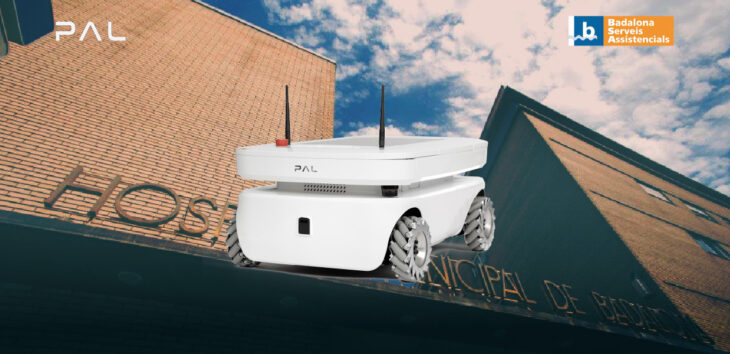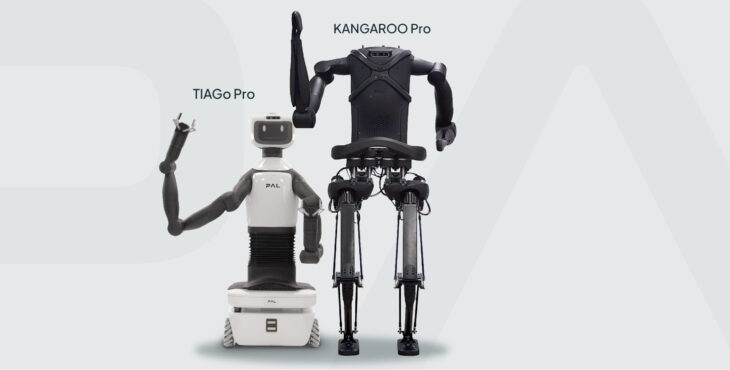A PAL Robotics presentation
The PAL Robotics team have just returned from yet another fantastically organised ICRA – the IEEE’s International Conference on Robotics and Automation. This year, it was held at the Marina Bay Sands Expo and Convention Center in Singapore.
It’s hard to find an event that matches ICRA in terms of sheer size and scale. With 11 tracks, 900 paper presentations and over 40 exhibitors, it is a truly mammoth conference that mirrors the increasingly widespread interest in robotics. Hundreds of researchers from around the world gathered to discuss the latest developments, technologies and research that will enable robots to become a significant and functioning part of our everyday lives.

This year, one of our PhD students, Jeremie Deray, presented a paper outlining a new method for loop closure – a technique that enables robots to recognise places they’ve already been, in order to localise themselves in the environment and improve the quality of their map.
Jeremie, along with fellow students from the Institut de Robotica, explained that their research focused on applying an approach typically used to recognise images in computer vision to robots’ 2D laser readings. They exploited the graph topology of the environment by enforcing neighbouring place constraints, which in turn increased performance and recognition rate. Jeremie and the team proved that their proposed method is comparable to or better than existing algorithms.
It was a proud moment for the PAL Robotics team – and, of course, for Jeremie!
Our European projects
We wouldn’t be able to attend events like ICRA without the support we receive from the European Union. We are involved in a wide range of EU-funded projects, working with universities and companies across the continent in order to research how robots can improve our quality of life.
From GrowMeUp and EnrichMe, which are researching how robots can help older people maintain active, independent lives for longer, to Factory in a Day, which is looking at ways to improve the competitiveness of European SMEs by decreasing robot installation time and cost. We are also involved in a European project called Co4Robots, which is hoping to identify methods by which robots can communicate in order to complete complex tasks.
Keynote highlights
With so many presentations, keynote talks and plenary sessions, it was impossible to attend them all – let alone pick a favourite. Aside from Jeremie’s presentation (of course!), the keynote speech by Katja Mombaur on the difficulties of developing humanoid biped robots and the plenary session by Bill Huang on autonomous navigation in trucks were both outstanding.
We also attended workshops on perception planning and control for legged robots and participated in discussions about the growing use of event-based cameras in robotics. As we have two biped robots, TALOS and REEM-C, understanding how to improve the way they navigate around large human environments is crucial. Biped robots need to know where they are and be able to localise themselves in their environment, as well as maintain their balance while moving over and around obstacles.
As Katja Mombaur explained in her keynote presentation, developing biped robots that can adapt to our existing environments is an incredibly difficult task – and it’s one that keeps the PAL Robotics team very busy!
If you liked this article, don’t forget to follow our blog on robotics and don’t hesitate to get in contact with us for any question or curiosity!



